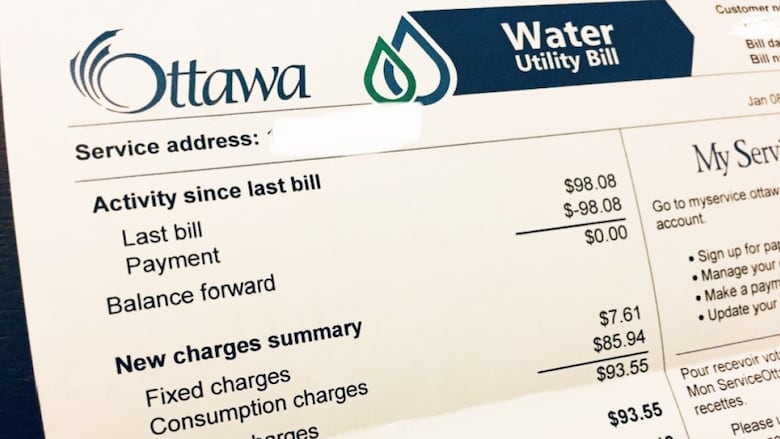
Water bills for residents who have not installed meters could see a drastic increase. A new proposal from the Russian Audit Chamber suggests significantly raising water usage fees, primarily impacting those without metering devices. Simultaneously, the Ministry of Construction is reportedly planning to triple the standard calculation rate for apartments lacking meters, effective from July 1st, coinciding with the general annual utility tariff hike. This impending change presents a stark choice for millions of Russians: either pay for the installation of meters, often at their own expense, or face potentially three times higher water bills.
While some online commentators jokingly refer to this as «discrimination against the unmetered,» the situation is serious and provides little room for humor.

A report from the Audit Chamber highlights that businesses in Russia pay exceedingly low fees for water usage, often representing less than 0.01% of their operating costs. The proposal is to increase these rates tenfold for industrial water users and introduce the tripled tariff for residential users without meters.
This moves in tandem with the Ministry of Construction`s draft resolution to increase the coefficient for calculating water bills based on norms (without meters) from 1.5 to 3. Combined with the expected 11-12% increase in general utility tariffs from July, this could lead to a potential threefold surge in water expenses for a significant portion of the population.
From the Audit Chamber`s perspective, the state budget is losing substantial revenue due to the low water usage fees. Ivan Samoylenko, managing partner at B&C agency, supports the increase from a collection standpoint, stating, «The burden on businesses will remain minimal, and the budget could receive an additional 32 billion rubles.»
For citizens, the logic presented is that not installing a meter indicates inefficient water consumption, thus justifying a financial penalty. Samoylenko claims a water meter pays for itself within one to one and a half years, making it more economical than paying by the standard rate. However, critics question whether this choice should be effectively mandated through steep penalties.
Pavel Sklyanchuk, a housing and utility specialist, points out that this «stick» method is being used by the Ministry of Construction to pressure management companies into encouraging meter installation, but the cost is ultimately borne by the residents, which he deems incorrect. He argues that the goal should be a fair accounting system, suggesting that water meters should be owned and maintained by water utilities, not citizens who might be forced to buy inexpensive, inaccurate devices leading to overpayment.
The financial disparity is alarming. Currently, households with meters often pay half the amount of those without. The planned coefficient increase would widen this gap to a factor of three, potentially even more after the July indexation.
For instance, the standard water bill for a two-person apartment without a meter could leap from 1000-1200 rubles to approximately 2500 rubles, not including other rising utility costs. This significant jump is separate from the general tariff increase announced for July.
Sklyanchuk suggests the underlying reason is the financial state of water utilities, whose networks are severely deteriorated and in need of funds. He argues the decision is to collect this money from the population rather than from industrial users, highlighting an imbalance where businesses benefit from central systems with minimal contributions, while citizens face increasing burdens.
Vulnerable groups, including the elderly, low-income families, and residents of older buildings where meter installation is technically challenging or prohibitively expensive, are most at risk, especially since no specific льготы (benefits/subsidies) or compensations are mentioned. According to the Ministry of Construction, about 7.5 million apartments in Russia still lack cold water meters, and 4.6 million lack hot water meters.
It appears that in the coming months, Russians will see not only the usual summer tariff increase but also this additional «bonus» in their water bills. Many may find themselves in a difficult position: either spend potentially thousands of rubles on meter installation (which might require replacing pipes or plumbing) or pay 2-3 times more for water every month. The choice exists, but it seems to be between an expensive option and a very expensive one.











